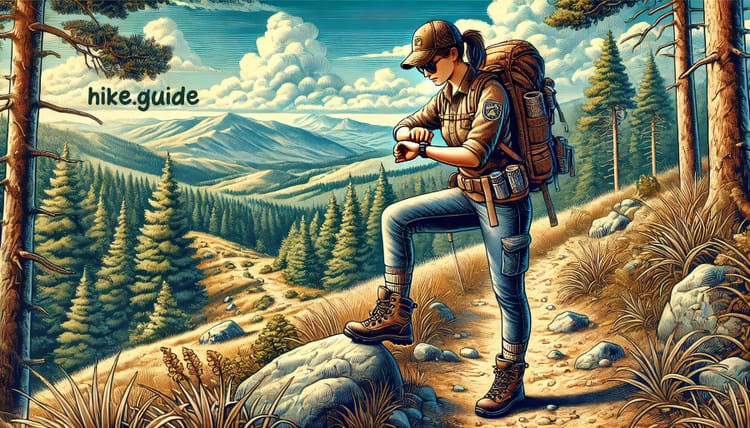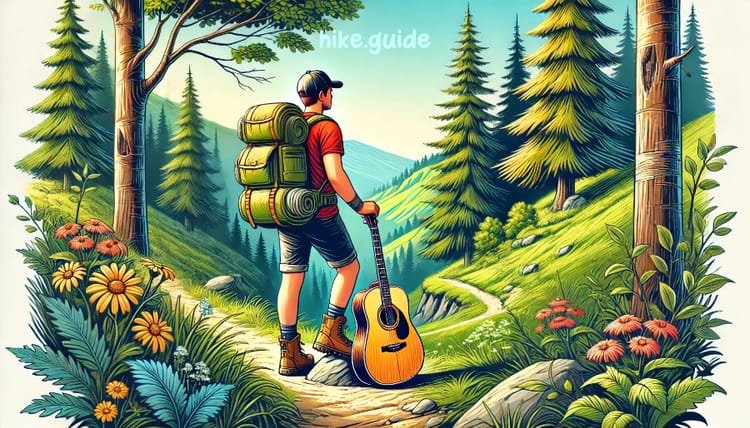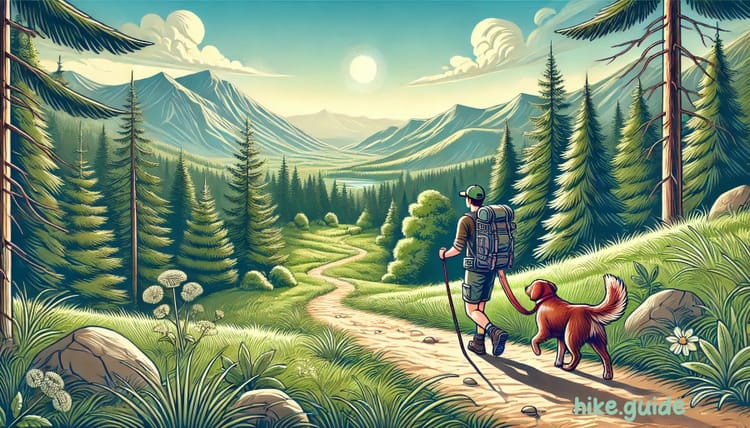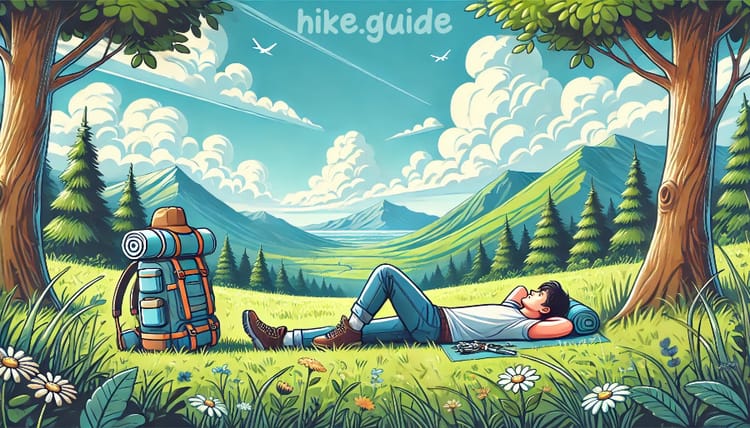Night Hiking
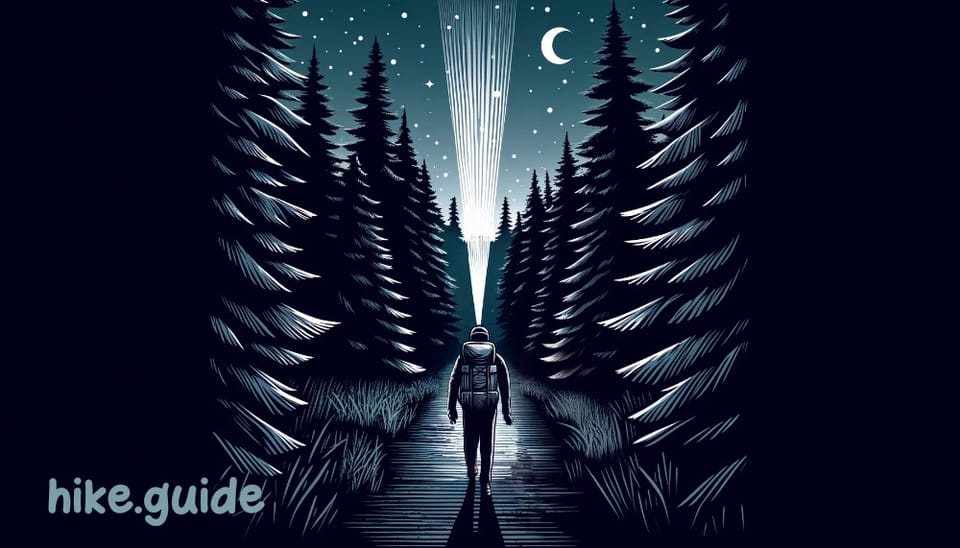
Should you hike at night in the first place? It really depends on your goals.
The Benefits of Night Hiking
In long-distance thru-hiking, hiking at night can be a strategic choice, especially in desert environments during the hot summer months. The intense daytime heat can be brutal, so some hikers opt to push through the night when temperatures are cooler to conserve energy.
Fatigue and dehydration are a real threat to hikers. Water sources can be scarce, even dry.
Others simply enjoy the unique experience and serenity of hiking under the stars. The woods and trails can feel magical at night, with a sense of quiet and solitude you don't get during the day. Of course, this can also feel a bit spooky, especially if you're hearing strange nighttime noises around you.
The Downsides of Night Hiking
Personally, I'm not a huge fan of hiking at night. I prefer to get an early start in the morning while it's still dark, rather than pushing through the night. That way I can enjoy the sunrise and have my campsite set up before darkness falls. There's something really satisfying about having your entire camp routine - setting up, making dinner, etc. - completed while you can still see your surroundings.
Night hiking also brings additional challenges, like water crossings that may be trickier to navigate in the dark. And you never know what kind of critters might be lurking on the trail, hidden by the darkness.
If You're Going to Do It
The best-case scenario at night is hiking on a nice, gently sloping trail that's not too densely wooded. That way you can enjoy the serene vibe of night hiking without too many obstacles or safety concerns. But you'll still want that trusty headlamp to light your way.
Overall, whether night hiking is for you comes down to your own preferences and priorities. Just make sure you have the right gear and enough battery in that headlamp if you do decide to venture out after dark.
